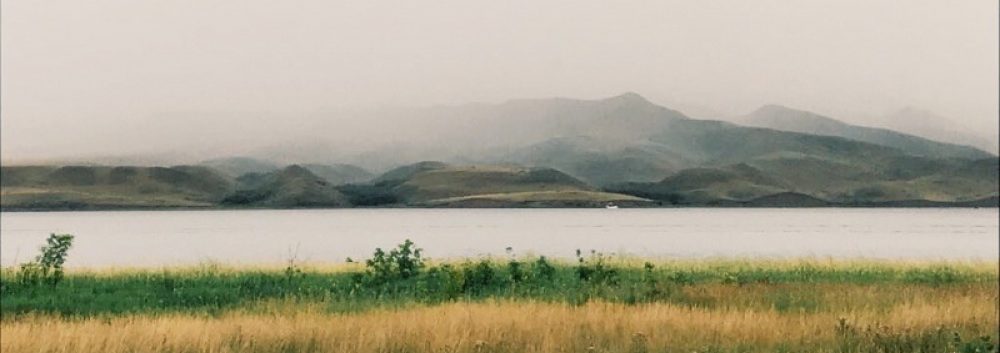I have been considering what concepts make up my critical teaching manifesto for a while. I have always considered myself as someone who cares deeply about social justice and ecological issues. However, I haven’t spent a lot of time considering exactly how I was going to bring that part of myself into the classroom. I believe education is for creating critical thinkers. I want to give students the tools to become active and engaged members of society, and take these tools into the world with them. For me, the goal is not to fill students to the brim with as much knowledge as they can retain, but rather give them the skills to decode the world around them, tackle something they find challenging, and continue their growth far beyond when they leave school. I also want to allow students to have the space to discover themselves, socialize with others, and create connections.
One aspect of teaching that has stood out to me ever since beginning my education journey is the importance of my treaty responsibilities. My understanding of my treaty responsibilities are always growing and changing, which I think is important. Indigenous representation through images, literature, stories, and guests, bringing up tough conversations, acknowledging the challenges and struggles of living in a postcolonial Canada as an Indigenous person, working to decolonize and indigenize my lessons and the curriculum; all of these things are my responsibility every day. These responsibilities shouldn’t be something that I check off at the end of the day, they should never be ‘finished’. It will always be an ongoing and continued process, because I am not doing these things to absolve my guilt as a white settler person, but rather challenging the ways that I have and likely still contribute to the oppression of Indigenous people, and work towards truth and reconciliation. I hope my teaching practice will always support these ideas, although I imagine it might take a bit of trial and error when I put them into real world practice. Still, I will never have all the answers, and struggling is a part of growth.
